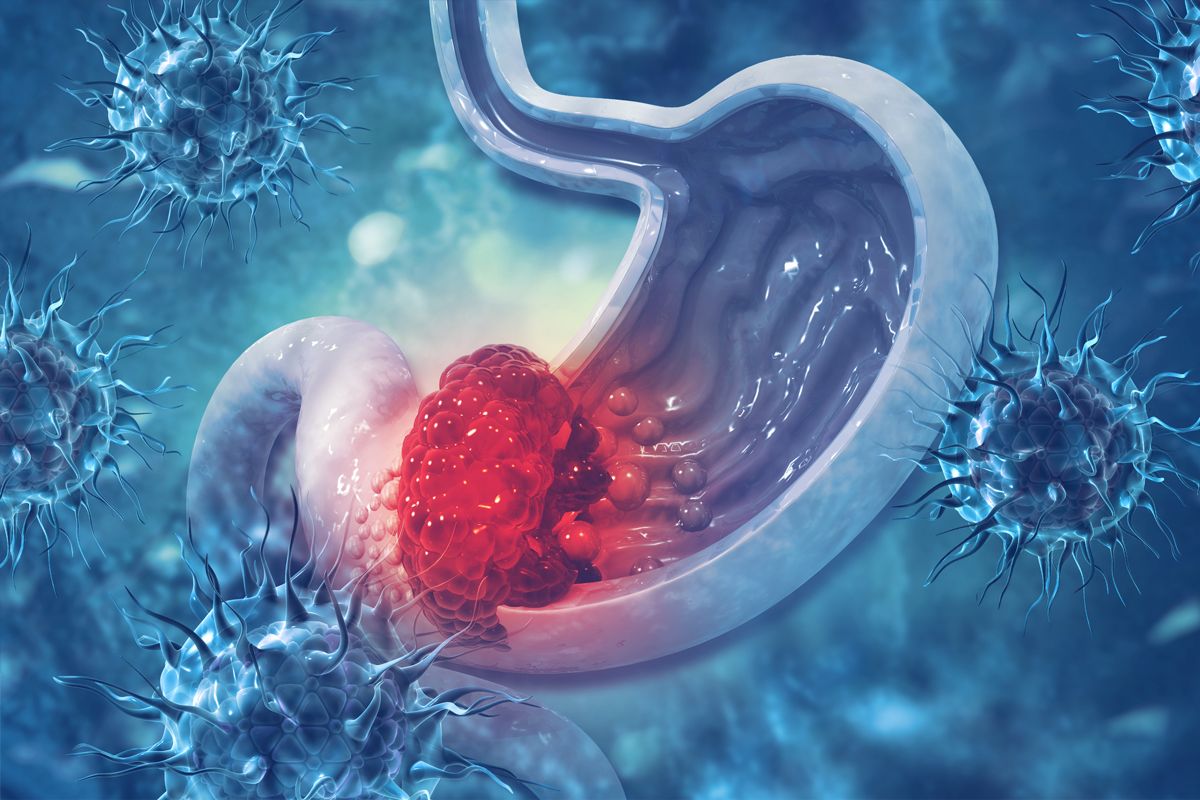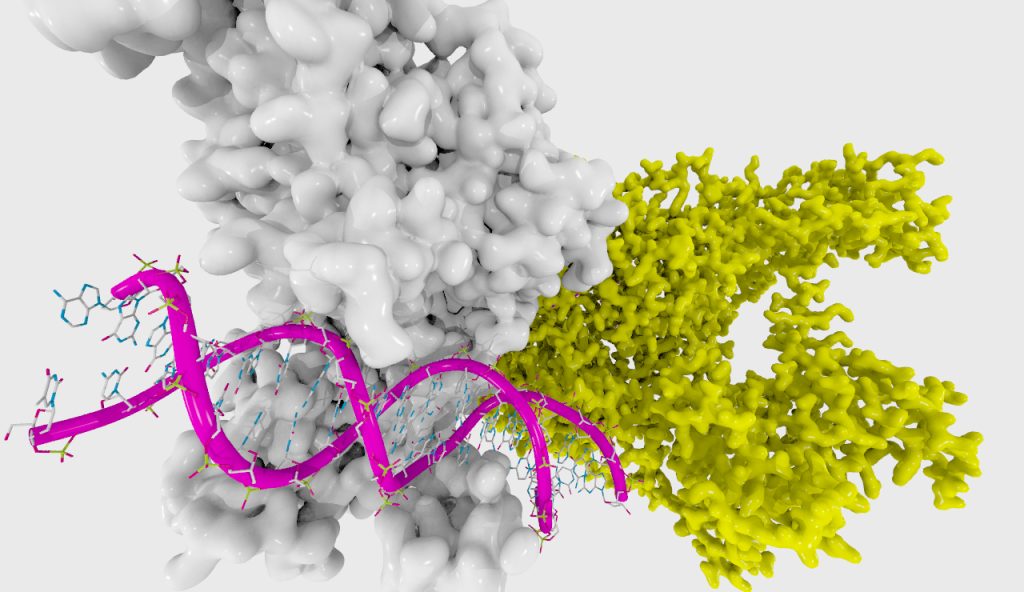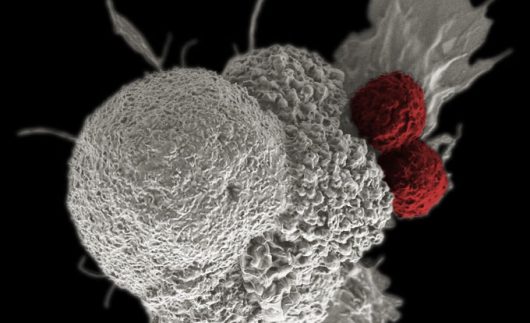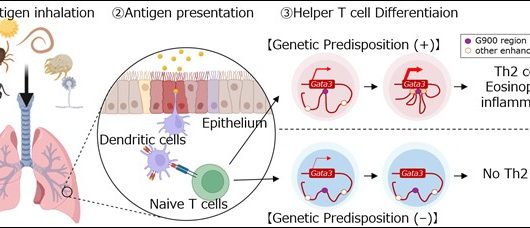Center of disease epigenomics

-
- Principal Investigator
Professor / Atsushi KANEDA
- Affiliation
Graduate School of Medicine, Chiba University
Researchmap
ORCID ID
- Principal Investigator
Cancer is a major disease afflicting one in two people in their lifetime and causing the death of a sixth to a fourth of the population in our country. The epigenome research group at Chiba University aims to elucidate the epigenomic mechanisms of cancer development induced by the interactions between the genome and the environment and surrounding stromal and blood cells. Form this, novel therapeutic strategies against cancer are developed through established domestic and overseas scientific collaboration networks.
The cells that make up our body generally have the same genomic information, encompassing the basic design diagram of life. There are various types of cells, however, e.g. nerve and muscle cells, and they have different routes in the process of development and differentiation. This phenomenon is due to epigenome information, consisting of specific modifiers attached along the genome that regulate what genes are used and what genes are not. As such, with the ability to modify the genome, the epigenome becomes the primitive blueprint of life.
The epigenome regulates the fate of cells by controlling complex genomic functions. Environmental factors, such as aging, inflammation, infection, or obesity can trigger abnormalities in the epigenome. When abnormalities accumulate in cells it can lead to diseases, including cancer. Changes in the epigenomes of blood and fat cells, which are essential for maintaining normal tissue and for inflammatory reactions and wounds, may accelerate the growth and metastasis of cancer cells or cause other types of age-related diseases.
In this project, we conduct comprehensive epigenomic analyses on clinical samples collected from states of suppressed immune systems, including cancer patients, experimental models of infection, and obese, aged, or immunodeficient mice. Generated spatiotemporal epigenome data and multi-layered environmental and clinical disease data undergo a data-driven analysis that combines systems biology and mathematical science. Subsequently, we develop novel drug candidate compounds based on the identified targets flagged by the data-driven analysis.




